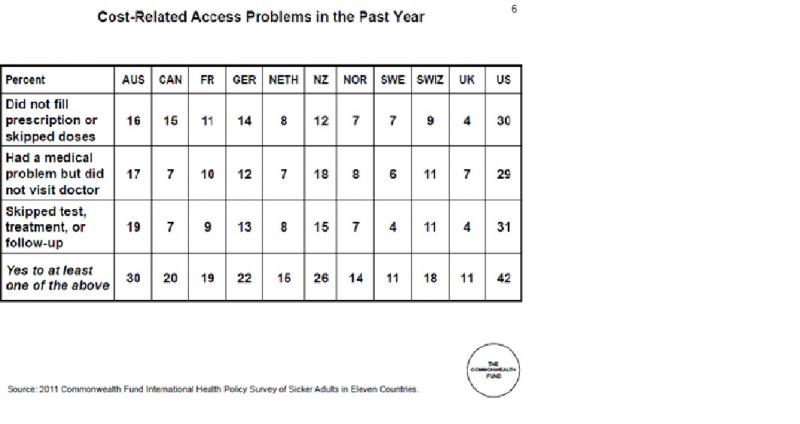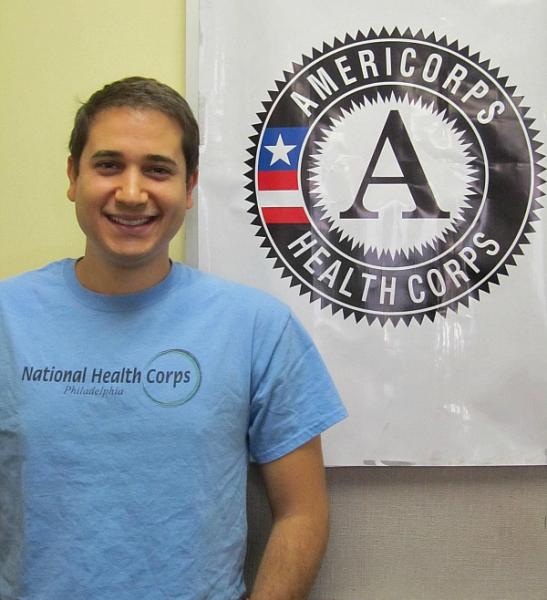Barriers to Access
Access to health care is a complex issue. A patient has access to health care when they are able to effectively utilize the appropriate services to preserve or improve their health. However, there are many barriers that patients face when they try to access health services. From my experiences, the three major barriers that make access to high quality health care difficult are accessibility, acceptability, and affordability of the services. While serving in the Philadelphia Health Corps (PHC) as a Patient Advocate at Health Center 6 (HC6) in the Prescription Assistance Program, I confront these barriers each day and make sure my uninsured and under-insured patients receive the prescription medications that are vital to their health.
The first barrier is accessibility. While HC6 serves many people from the local Kensington, Fishtown, and Port Richmond areas, we do see patients from all over Philadelphia. These patients travel from North, South, and even West Philadelphia because we are one of the few health centers to provide primary care, family planning, dental, podiatry, and mental health services all under one roof. For these patients, most of whom rely on public transportation which can at times be unreliable, traveling to HC6 could mean missing a full day of work. When it comes down to a routine check-up or putting food on the table, many choose to skip their appointments, and their health suffers due to poor accessibility.
The second barrier is acceptability of services, which includes trust of healthcare professionals. This barrier usually exists where different cultures intersect and occurs frequently in a city as diverse as Philadelphia. One cultural group that intersects regularly at HC6 is the Albanian community. Albanians from all over Philadelphia travel to HC6 because we are the only HC that employs an Albanian interpreter (Suela). They prefer to receive their health care services with us not only because they are better able to communicate, but also because they feel more accepting of their doctors’ recommendations when Suela is with them. Having an advocate that understands their culture as well as the culture of medicine allows a patient to be more trusting of health care professionals and more accepting of their recommendations. Overall, advocates help services gain acceptability, and consequently improve health.
The final barrier is affordability. In 2011, a study done by the Commonwealth Fund found that among sick adults in 11 different high-income countries, more than one out of every four American adults (27%) encountered serious problems paying medical bills in the past year, compared to only 14 percent of adults in the other 10 countries. Additionally, 42 percent of Americans reported poor access to care, which was measured by not visiting a doctor, not filling a prescription, or not following through with recommended care. This rate, which is more than double than the average of all 11 countries studied (20.1%), indicates that not only uninsured, but all Americans struggle to obtain affordable health care.

As a Prescription Assistance Patient Advocate, I confront the affordability barrier every day. Due to budget constraints, the pharmacy at HC6 is only able to carry a limited supply of generic prescriptions for our patients. While our patients are able to receive these medications free of charge, many require other medications that cost hundreds of dollars out of pocket at an outside pharmacy. Fortunately these patients have another option, our Prescription Assistance Program. Most people that are uninsured or under-insured are eligible to receive these medications for free directly from the pharmaceutical company that manufactures them. This program truly is a life-saver as many of my patients rely on these medications for chronic conditions such as diabetes and asthma, and this service would not be available to them without PHC members.

This post was written by PHC member Andrew Ines.
Andrew serves at the Philadelphia Department of Public Health - Health Center #6 as a Patient Assistance Program Advocate.
